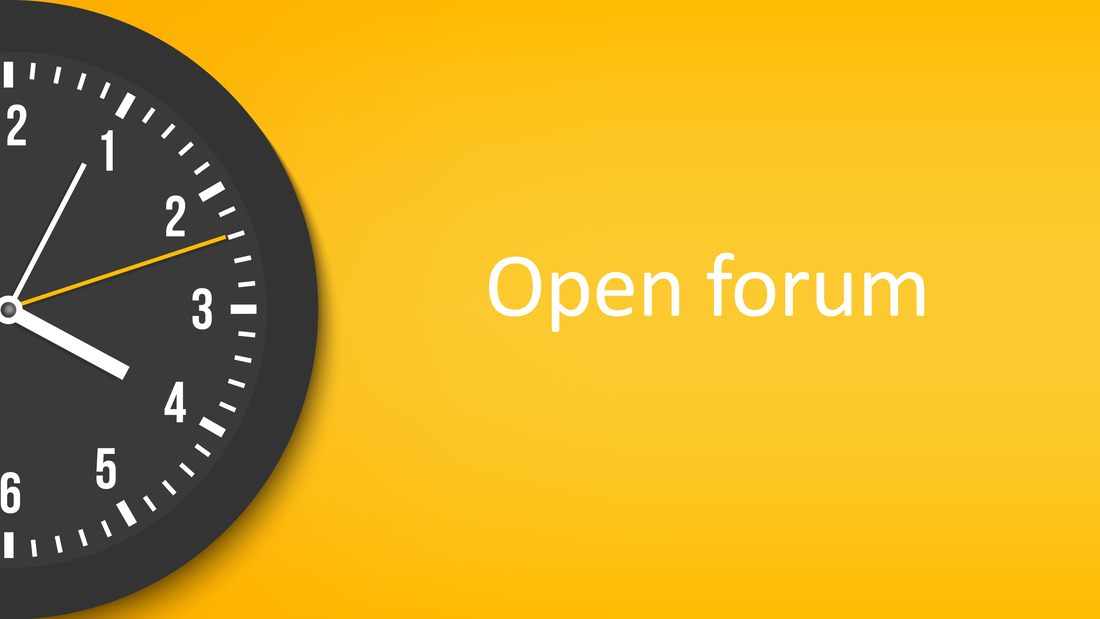|
One of the perennial challenges boards of directors need to deal with concerns boundaries—the question of how to govern effectively without stepping over the 'line' into management, in particular. The theory is easy: the board's governance role includes setting direction (purpose, strategy) and boundaries (policy), allocating resources and holding management to account for results in accordance with specified parameters. The role of the manager is to run the company within specified parameters and report progress. The board is also responsible for providing an overall account to shareholders and legitimate stakeholders. And there should be a clear separation between the parties. This seems remarkably straightforward. But in practice, the going is often far from straightforward. Divisions of labour may be unclear or, worse, assumed. And, contrary to institutional 'best practice' guidance, the board and management actually need to be proximate if decisions are to be informed and management is to action them well. The challenge is greater again if individuals hold director and manager roles, as is often the case in smaller, privately-held companies. Inevitably, opportunities for confusion surface, pressure on resources mounts, and progress towards overall goals may stall (assuming a goal has been determined). Yet board duties remain, undiminished. In times of crisis, the situation is complicated by matters well outside the board's control, and time is of the essence. Understandably, the board's attention moves from oversight and strategic opportunities, to the very short-term—stabilising the company and protecting assets. The decision cycle speeds up, necessarily, as new information comes to hand. Previous decisions may need to be retracted and changed. All of this is quite normal and appropriate in crisis situations. However, if the board goes further and gets directly involved company operations including instructing staff, specifying how things should be done and even doing them, then it is stepping well across the ‘line’ and into management. This is overreach, and it can be dangerous because it undermines the foundations that underpin strong board–management interaction. The casualties are many and varied, but three of more common ones are:
The resultant (negative) impact on company performance could be significant. Yet these casualties can be avoided, if the board chooses to work collegially with management to get through the crisis. For this, trust is crucial. The board should also ensure a well-defined division of labour is in place, and it must delegate well with clear lines of accountability, and maintain strong and open lines of communication. The parallels for governments and citizens are stark. In times of crisis, governments often use powers such as declaring a state of emergency and suspending civil liberties while order is being restored. If these decisions are taken, as has happened in many countries following the COVID-19 outbreak, they need to be accompanied by self-evident measures such as 'no gatherings of greater than 100 people', or 'maintain a 2m separation from any other person'. If people are clear about what is required, and why, they can make adjustments to fit within the requirements. However, if petty and nonsensical procedural rules are also introduced (how far one may drive, alone, for example), the linkage of trust breaks and some undesirable consequences may follow. In extreme cases, the people may even revolt. The temptation to overreach is great. Power is an enticing thing, after all. But politicians, like boards, must avoid the temptation to overreach if at all possible. If the board (government) focuses on 'what' is needed and 'why', and management (the people) concentrates on 'how', the likelihood of a great outcome is much higher.
0 Comments
Leave a Reply. |
SearchMusingsThoughts on corporate governance, strategy and boardcraft; our place in the world; and other topics that catch my attention. Categories
All
Archives
May 2024
|
|
Dr. Peter Crow, CMInstD
|
© Copyright 2001-2024 | Terms of use & privacy
|


